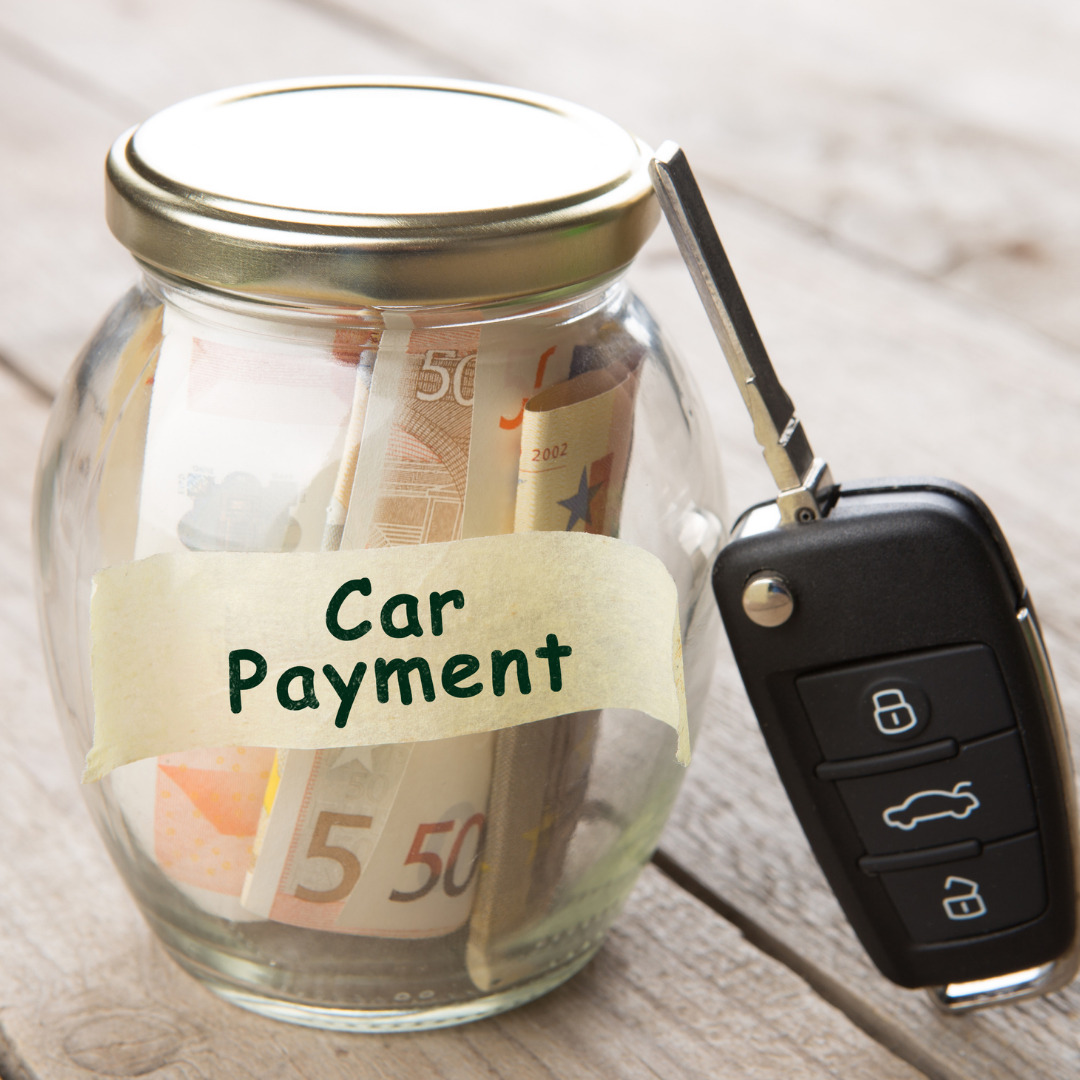Personal finance is often made into a complicated topic. Gurus try to sell you their products promising riches if you just follow their system. One “money expert” says you’ve got to do this while the other expert says do that. Inundated with information, many people get overwhelmed, say they’re “no good with money”, and give up.
Personal finance doesn’t have to be that complicated, and you don’t have to take a guru’s seminar to succeed with money. Personal finance ultimately boils down to behavior. Repeated behaviors become habit.
Behind every behavior is a want or need. Taking a daily walk down to the vending machine in the late afternoon to get a snack is a behavior. Most would say the need you’re trying to satisfy with that behavior is hunger.
Think outside the box though. Could the need be a break from work, or a few minutes to stretch out? Or could you be tired and need to move around to gain a little extra energy?
And if the need truly is hunger, could that need be just as easily satisfied by bringing in a snack from home instead of going to the vending machine?
Oftentimes we confuse our needs, wants, and methods. As a result, we commit a behavior not conducive to what we really need or want. And sometimes those behaviors cost us money we don’t need to spend.
Continuing to use the example of the daily afternoon trips to the vending machine at work, there are alternatives to this behavior. Let’s take a look at some of them.
Unwanted Behavior: Getting a snack from the vending machine every afternoon at work
| Need | Alternatives |
| Hunger | Bring a box of healthy snacks from home and keep in desk
Pack an extra piece of fruit in lunch Eat a more substantial lunch Create space in a drawer for snacks |
| Break from work | Walk to the lobby and back
Turn off computer screen for a couple minutes Practice breathing exercises at your desk |
| Stretch out legs | Take a walk to car and back
Walk around the perimeter of the building |
| Tired: need to move around | Few stretches at desk
Short walk inside or outside |
There are viable alternatives to going to the vending machine every day at work. The habit can be broken by recognizing the issue, and implementing simple changes in behavior. Avoiding trips to the vending machine doesn’t require a guru’s help or an expensive course.
The afternoon trips to the vending machine are only a small-scale example. Other common behaviors are much more significant and costly. Takeout 3-4 times per week, mindlessly purchasing things online, impulse buys at the grocery store, and drive thru breakfast every weekday morning, and countless others. The list goes on and on.
Two phenomenal books on habit are Atomic Habits by James Clear and The Power of Habit by Charles Duhigg. Both books clearly communicate how and why habits are formed, and how to change them. The science and research both authors put into their work are impressive. Both books can be used as a roadmap to changing not only your financial habits, but other habits in your life as well.
Don’t make personal finance more complicated than it needs to be. Oftentimes the answers lie in simple behavior changes—we just have to identify them and take action.
What are some of your unwanted behaviors and habits, and what are they costing you? Are there simple changes you can make to eliminate or minimize them?








